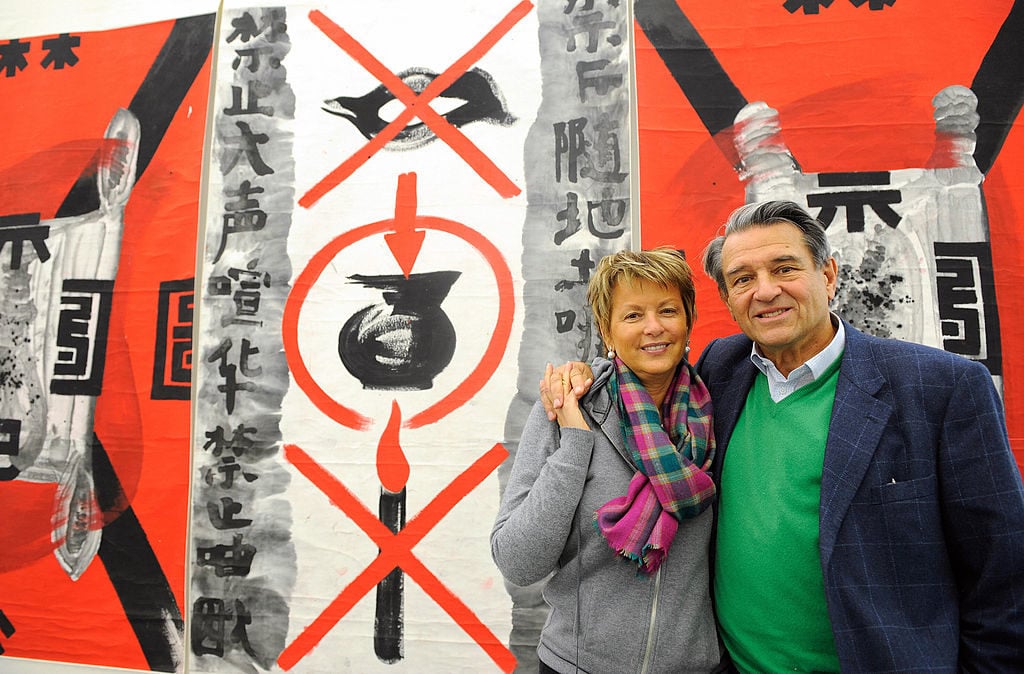Art World
Sold to Investors, Beijing’s UCCA Will Now Be a Nonprofit Run by Director Philip Tinari
As the Belgian mega-collector hands over the Ullens Center for Contemporary Art, it will transition into a nonprofit to secure its future.

As the Belgian mega-collector hands over the Ullens Center for Contemporary Art, it will transition into a nonprofit to secure its future.

Naomi Rea

A year since the announcement of the sale of Beijing’s Ullens Center for Contemporary Art (UCCA), the art space founded by mega-collectors Guy and Myriam Ullens has been bought by a group of prominent Chinese investors.
The South China Morning Post (SCMP) reports that the purchase of UCCA, led by the education corporation Future Edutainment and Chinese advertising billionaire Jason Jiang, brings to a close a year of uncertainty for the institution, brought on by the Belgian patrons’ announcement that they would seek new owners for UCCA as well as sell off the bulk of their extraordinary Chinese contemporary art holdings.
It has been confirmed that the center’s current director, Philip Tinari, will remain in his position under the new management. However, in the hopes of attracting new donors to help cover the ¥40 million ($6 million) annual operational budget, the private center has now been registered as a foundation.
“The old model had worked under Mr. Ullens’s generosity but he had set it up in 2007 as a private company,” Tinari told the SCMP from New York, where he is acting as a co-curator of the Guggenheim’s major China show. “Now that the public-facing activities are run by a charity, we will be able to raise funds more easily and hopefully improve the production quality of our exhibitions and the size of the audience,” he explained.
The new development raises larger questions about the future landscape of China’s private museums and art centers, as nearly all of China’s private contemporary museums operate under the purview of individual founders. Established in 2007, UCCA draws a million visitors each year.
The UCCA doesn’t have its own collection, and although there is a long-term agreement in place, it doesn’t even own the building where it’s located, but rather rents from the Sevenstar Group, which owns Beijing’s popular 798 Art District.
Its new status as a tax-exempt nonprofit foundation will not interfere with other UCCA activities. However, in order to help the center on the road to financial independence—under Ullens the center was able to self-fund around 80 percent—the owners will be permitted to take profits from businesses operated under the UCCA brand that are run separately from the charitable foundation, such as retailers, and children’s art education initiatives.
“Our mission continues to be a desire to put Chinese art in a global context, to provoke and stimulate a discussion about a vital part of art history,” Tinari told SCMP.
It is as yet unknown who will sit on UCCA’s new board of directors, but the center will reopen under the same name in the summer of 2018, following a major revamp. The inaugural exhibition will be a major solo show by Xu Bing.
Update, October 10: This article has been updated to reflect that the private equity firm Lunar Capital—the parent company of Future Edutainment—and Jerry Mao, a partner at the firm, are not, in fact, investors in UCCA, as was previously reported.